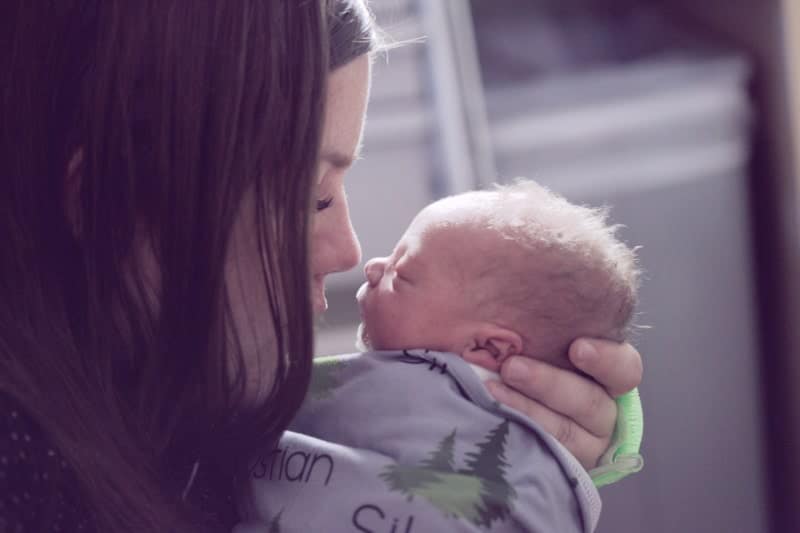
Episiotomy/vaginal tear
You may have had a cut in the vagina to help with childbirth – even if you didn’t, having a baby come out through your vagina is bound to make you feel sore down below. You may find sitting on doughnut cushions and doing regular warm salt baths helpful. Change your pads regularly and keep yourself clean and dry. Read more about episiotomy care here.
Piles
All that weight you were carrying around during pregnancy and force exerted during childbirth can result in you having piles. Avoid constipation by keeping hydrated and taking lots of fruits and vegetables. Your gynaecologist can prescribe you stool softeners so that you don’t strain as well as ointments for your piles.
Uterine contractions
You will still feel contraction-like cramps in the weeks after you deliver, especially after breastfeeding. This is because your uterus is slowly getting back to its pre-pregnancy size.
Lochia
It is normal to have significant bleeding during and after childbirth, which should reduce over time and stop in about 4-6 weeks. If you experience bleeding that gets heavier, fever or foul-smelling discharge, you should see your gynaecologist earlier.
Anaemia
Your blood count may be low after all that bleeding from your childbirth – do eat a healthy diet with lots of iron and vitamin C, and continue with your prenatal vitamins.
Breast engorgement and nipple pain
You may begin to feel this a few days after giving birth. Breastfeed your newborn on demand and use a breast pump if necessary. Putting cold packs on your breasts can help. Cracked nipples can be a sign of improper latch on so check with your lactation consultant. You may massage some breast milk on your nipples after breastfeeding or apply some nipple cream that your gynaecologist can prescribe.
Stretch marks
Stretch marks that have appeared in your pregnancy may fade after childbirth but will unlikely disappear completely. Keep your skin moisturized and speak to your gynaecologist or dermatologist for options to treat stretch marks.
Hair loss
You will experience hair thinning or hair loss in the weeks and months after you give birth – this is because of hormonal changes that your body goes through after delivery and may last up to half a year. Expect to wait about a year before your hair goes back its normal fullness.
Weight
Although you will want to aim to get back to your pre-pregnancy weight as soon as possible, don’t lose all that weight in too short a time as that can affect your breast milk supply. Start by staying active (check with your gynaecologist when is an appropriate time to start gentle exercises, especially if you have had a C-section) and keeping to a healthy diet. Breastfeeding helps as well. Don’t be too hard on your body as you will take time to tone back up – it just performed an amazing miracle!
Urinary incontinence
Your pelvic floor muscles are weakened from all that weight you were carrying throughout pregnancy and the stress during childbirth – it can be quite common to experience urinary leakage when you don’t want to and feel like your bladder is beyond your control. Do your Kegel (pelvic floor) exercises regularly and your bladder function will likely return over time.
Baby blues and postpartum depression
Feeling sad and down after you’ve had your baby is common – nobody starts off as an expert in mothering. These feelings are normal and will typically go away in a few weeks. Do get help and support from your partner and family. Postpartum depression, however, usually consists of strong feelings of helplessness, sadness, anxiety and tiredness that are persistent and interfere with your ability to care for yourself and your baby – this can be serious and you should shy away from speaking to your gynaecologist about it.
Sex
Although there is no fixed timeframe, it is generally recommended that you wait at least 4-6 weeks before resuming sex, especially if you have had episiotomy/vaginal tears or a C-section. The first few times might feel awkward and different – open communication with your partner is important. Do your Kegels, take it slow, make time for sex, engage in plenty of foreplay and use lubrication.